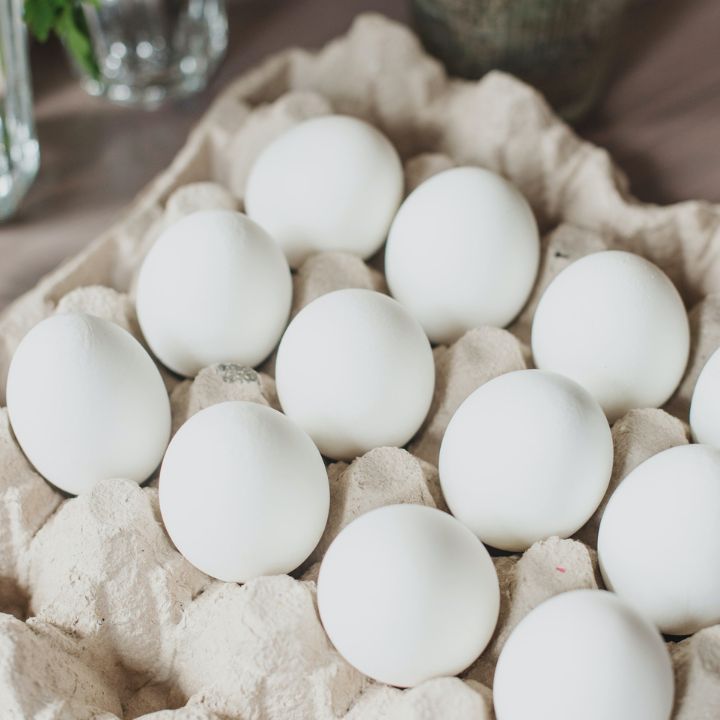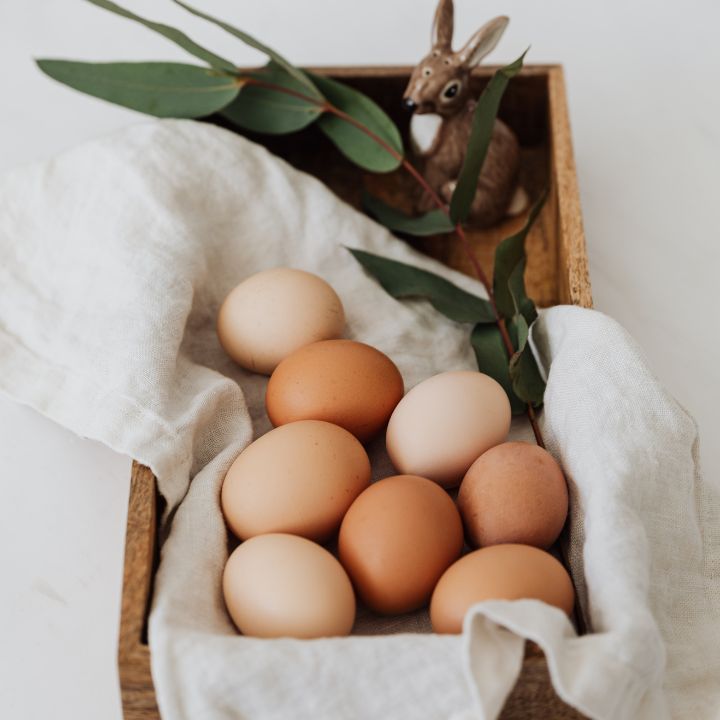The Versatility of Eggs
Baking with Egg Substitutes
Eggs are a staple ingredient in baking and play a crucial role in many recipes. They provide moisture, structure, and richness to baked goods, and also help with leavening. In this article, we will explore the different ways in which eggs are used in baking and some possible substitutions for those who can’t or don’t want to use eggs in their baked goods.
Eggs can be used in baking in several different ways, including as a binding agent, a leavener, and a source of moisture. When used in combination with other ingredients, eggs help to hold the ingredients together, which is particularly important in recipes like cakes, muffins, and cookies. The proteins in eggs also help to create structure and stability in baked goods, which can help prevent them from collapsing or becoming dense.
Learn more about eggs and their health benefits here.

In addition to their functional properties, eggs also add flavor, richness, and moisture to baked goods. The yolks in eggs contain fat, which helps to create a rich, velvety texture in cakes, custards, and other baked goods. The moisture in eggs also helps to keep baked goods tender and prevent them from becoming dry.
Despite their versatility and importance in baking, not everyone can or wants to use eggs in their baked goods. Whether due to dietary restrictions or personal preferences, there are several egg substitutes available for those looking to bake without eggs.
Egg Substitues

Applesauce
One popular egg substitute is applesauce. Applesauce is often used in place of eggs in vegan baking, and it can help to provide moisture, structure, and sweetness to baked goods. When using applesauce as an egg substitute, you should use about 1/4 cup of applesauce for every egg called for in the recipe.
Another egg substitute is a combination of baking powder and vinegar. This combination creates carbon dioxide, which can help to leaven baked goods and provide lift. To use this substitute, mix 1 teaspoon of baking powder with 1 tablespoon of vinegar for each egg called for in the recipe.
Flax seeds and chia seeds can also be used as egg substitutes in baking. To use these seeds, mix 1 tablespoon of ground flax seeds or chia seeds with 3 tablespoons of water for every egg called for in the recipe. This mixture should be allowed to sit for about 5 minutes to thicken before it is added to the other ingredients.
Finally, silken tofu can also be used as an egg substitute in baking. To use silken tofu, simply blend it until it is smooth and use it in place of eggs in the same amount called for in the recipe. Silken tofu can help to provide moisture and richness to baked goods, but it does not have much of an impact on the structure of the baked goods.
Eggs are a versatile and important ingredient in baking. They provide moisture, structure, and flavor to baked goods, and are used in a variety of different ways to enhance the finished product. If you are looking to bake without eggs, there are several egg substitutes available, including applesauce, a combination of baking powder and vinegar, flax seeds or chia seeds, and silken tofu. Experiment with different egg substitutes to find the one that works best for you and your baked goods.

